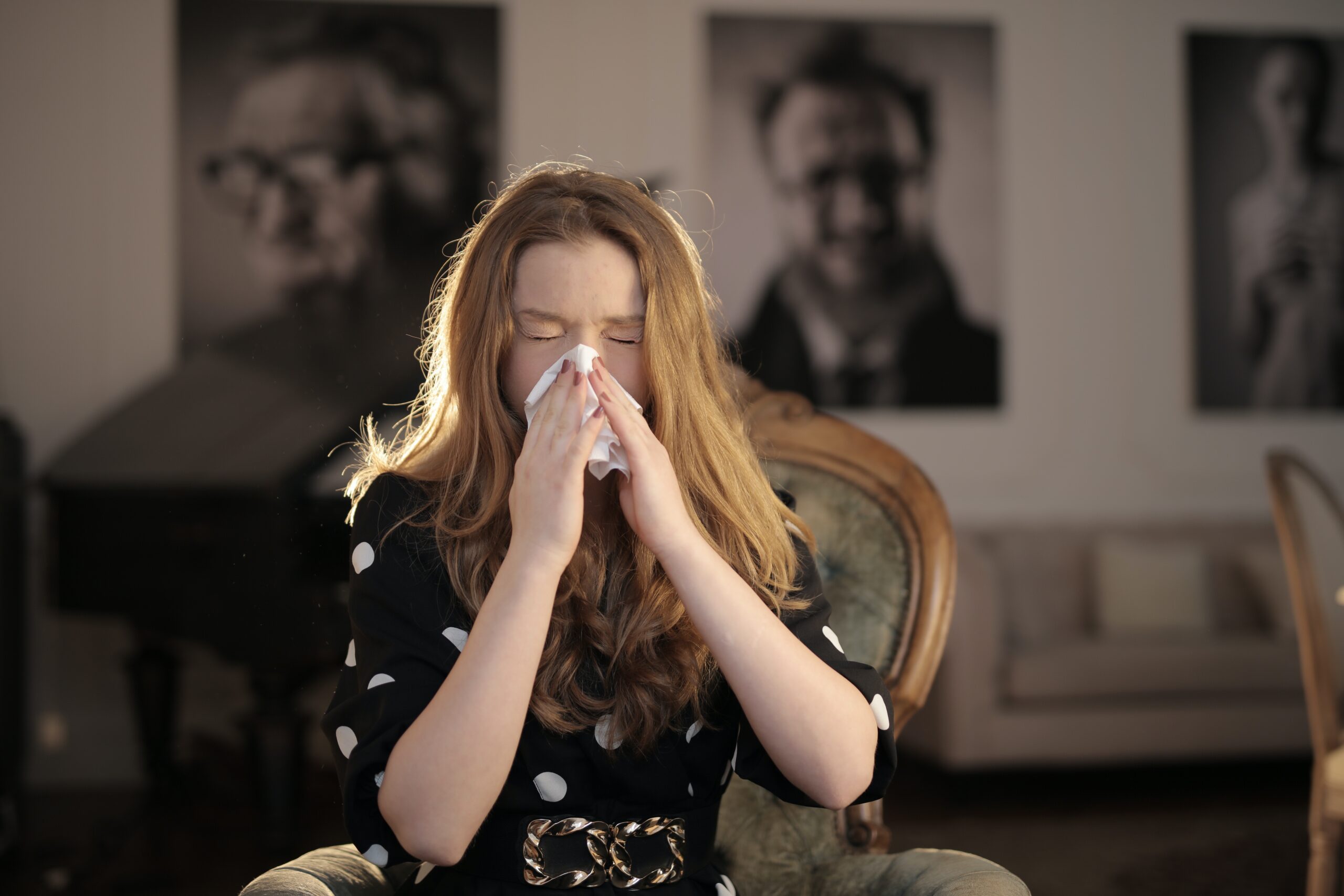Allergies and Sinusitis

Allergies and Sinusitis
Acupuncture, Chinese Herbal Medicine, and Natural Therapies for Sinusitis
Over 35 million Americans a year have the main complaint of sinusitis every year. Causes range from the common cold, allergies, to smoke in the air as the most common. Leaving people with one or a combination of symptoms from facial pain/pressure, stuffy nose, runny nose, loss of smell, cough, congestion, fatigue, to possibly fever. Even nausea is possible if the nasal drainage happens to be irritating the stomach.
Acupuncture
Acupuncture needling promotes healing by stimulating the body and influencing the nervous, cardiovascular, endocrine, and immune system. This allows the body to strengthen certain body systems in order to stop phlegm production, remove inflammation, and begin to return to normal working status.
Chinese Herbal Medicine
There are a few Chinese herbal formulas that are highly effective for sinusitis. Choosing one of these formulas is depending on your signs & symptoms. That is why I suggest you seek out someone with Chinese herbal experience. To insure you get the correct one. If you have issues with sinusitis, I recommend learning more about these amazing medicinals.
Nutrition
The food we eat is one of the most important determinants in not only our immune function, but our overall health. Many people have weak immune systems because they are eating processed, refined, and rich diets that are devoid of the essential nutrients that the body needs for optimal health. Here are a few suggestions, most of these are foods with vitamin A & C. Which are essential for a healthy mucous lining in the respiratory tract. Vitamin C is well recognized to help with infection. Recommend: ginger, onions, garlic, yams, carrots, leafy greens, asparagus, parsley, spinach, broccoli, brussels sprouts, winter squash, pumpkin, apricots, peaches, cherries, papaya, peaches, strawberry, lemons, lime, & grapefruits.
Other Recommendations:
- Drink ginger tea
- Exercise
- Rest & sleep adequately
- Reduce or eliminate dairy
- Plenty of water
- Avoid raw/cold foods
- Avoid fried & greasy foods